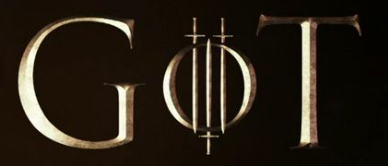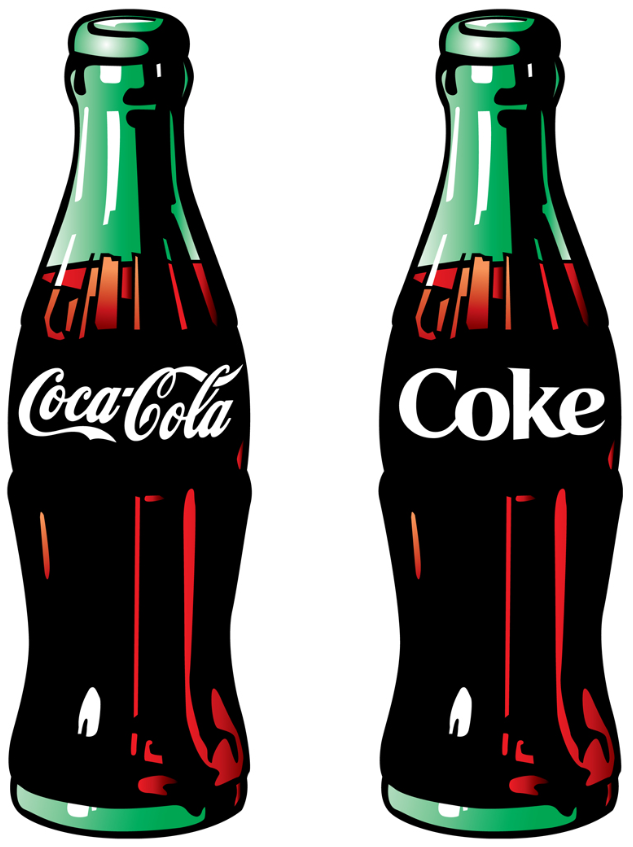HAVING A VOICE
Sometimes you find a gem in a comic strip. That was the case recently when I read Sally Forth . If you are not familiar with the strip, it chronicles the fun and foibles of Ted and Sally Forth, a 30-something married couple, and Hillary, their young teenage daughter. Each character is still very much finding a path in this life. Adding to the humor is Ted’s passive aggressive resistance at giving up his own childhood to step into true adulthood. Needless to say, this makes for many hilarious situations.
In this particular episode, Ted and Hillary are experiencing a flash-forward to the year 2025. Hillary is seeking her dad’s advice about what to do with her band that she and a couple friends have had for over 10 years. She faces the usual questions about making a living in the arts, long-term success, and all the associated tough decisions. That is when Ted—not normally known for his reservoir of wisdom—spouts this exhortation to Hillary (Francesco Marciuliano and Jim Keefe, February 5, 2015):
“ Do you know why people play music? Or draw or write or act or dance or sing or do stand-up or create? Because it’s through their art they can interpret the world. And it’s through their art they can add their ideas to the world. It’s not about having an audience. It’s about having a voice. And if you don’t pursue your art, you may lose that great opportunity to have your say. ”
Ted presents some deep insights. Sooner or later, one way or another, your passions must intersect with your professional life. You don’t have to be an artist, but you must find your voice.
Exactly how all that plays out and all its complexity does not always translate to easy answers. Nevertheless, Ted’s speech reminds us that we must sometimes struggle to seize the talents and abilities with which we have been entrusted and use them in a manner that calls upon the very core of our being, our heart, and our soul. Only when we do this, will we maximize our impact on the world. And isn’t that what we want to do?











